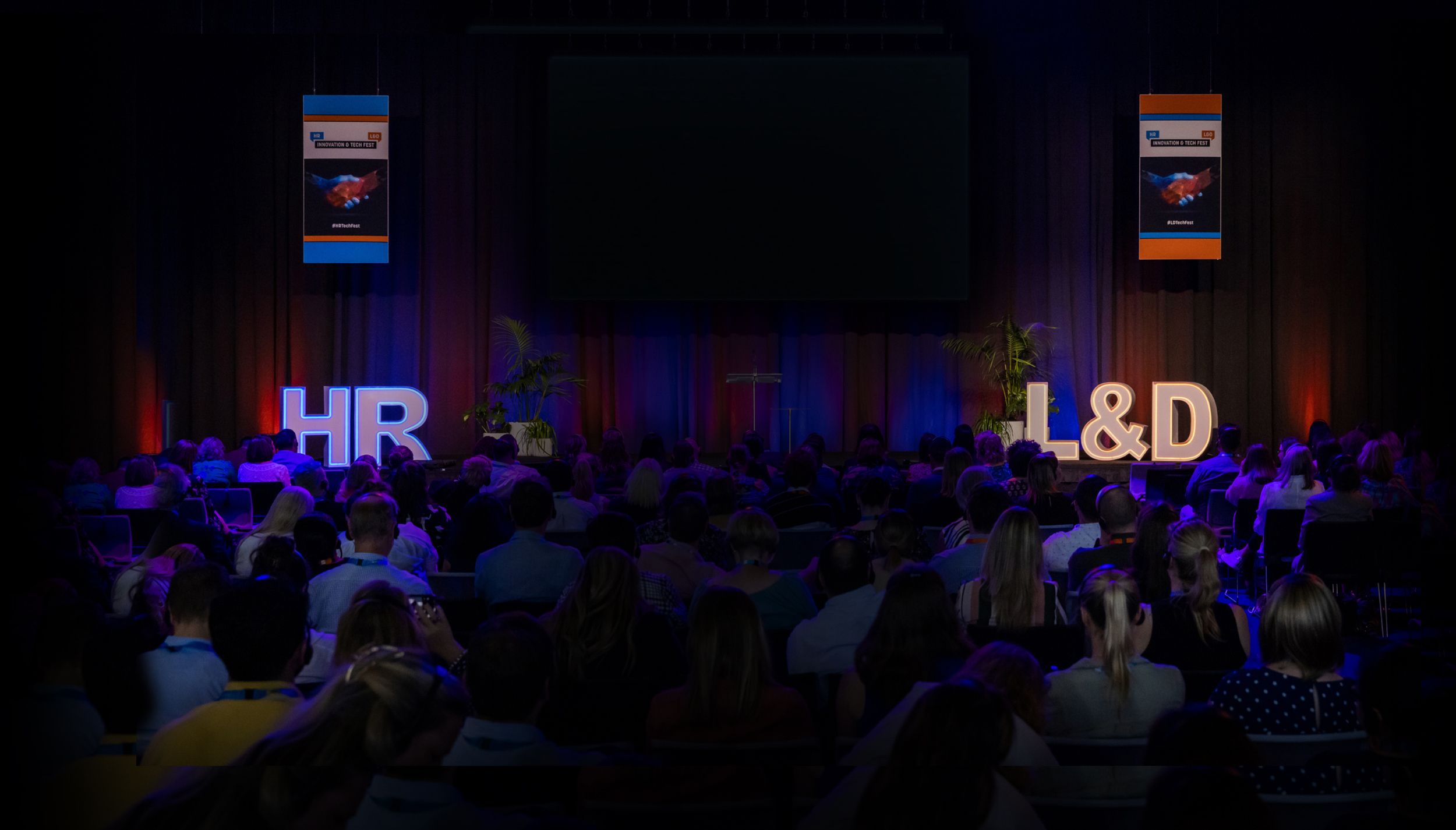Is Life Too Short for Competencies?
)
“I have yet to see a competency framework add any business value”, a CHRO of a large listed company told me, with the other CHRO’s in the room nodding in consent. It’s not the first time I have heard this: smart business executives tend to dislike competency frameworks, as do the leaders and employees they impact. Most CLO’s also recognise that competency frameworks tend to be overly complex, in huge spread sheets, and full of dodgy learning lingo.
On several occasions in my career, my analytics teams have found small yet statistically significant negative relationships between competencies and business outcomes. My overall conclusion is that measures of competencies and their frameworks seem to not matter for actual performance (and for the sake of clarity, this includes HR competency frameworks). This is in contrast to the many times I have seen analytics teams find significant positive links between business outcomes and general mental ability (IQ), personality traits (BIG 5), and motivation and aspiration.
These 4 things together explain so much variance in performance outcomes, that indeed, very little is left for the many other things in HR, unless they directly impact these 4 (e.g. recruitment/internal selection aimed at getting smart people with the right personality traits in the right jobs (IQ and personality traits are stable, and not impacted by learning interventions), or leadership and resilience training aimed at increasing employee motivation). So a few things matter a lot – and many things seem to matter very little.
Here are my conclusions on competency frameworks:
1) Competency Frameworks are a back-office tool for learning professionals, to help guide their learning design work
2) Competency Frameworks should not be pushed to the end user or learner – it causes confusion, not clarity (just like you just want your IT to work, but are less interested in an overview of IT architecture or a list of servers that back-office IT use)
3) Competency Frameworks should not be used to design assessments – they end up not being valid, reliable, and not linked to actual business outcomes (and worse, not being evidence based, which is unethical, in some countries illegal, and hurts the reputation of HR)
4) Competency Frameworks should not be used to measure learning effectiveness / learning ROI – for that, the actual outcome should be used (e.g. the effect of sales training should be measured via sales and customer satisfaction, the effect of leadership training should be increased employee engagement and reduced turnover of high performers – you really don’t need a so-so measure of competencies to assess the outcome of learning interventions).
Producers of competency frameworks and learning software providers sometimes add to the noise rather than help promote clarity – e.g. one of the Lominger competencies (#26 in a very long list) is ‘humor’ – apparently, you need that when you become a mid-level manager, but not before, according to their framework (which would be funny, if it was meant as a joke, but I suspect they are serious).
So dear learning professional and CLOs: keep providing great learning interventions – but please do keep your competency frameworks where they belong: back-office and away from end users and assessments. Great if you identify the 3-4 core capabilities (and never more than 3-4) of your company – but please don’t use capabilities to get a competency framework by stealth. People will see right through that. There may be a few particular exceptions, where legislation or external control organs require systematic documentation of technical competencies (e.g. offshore drilling, pilots via simulators, etc.) – but these really are exceptions, and focused on technical competencies only, and are not the standard to be imposed everywhere else. That should also free up time and resources to focus on delivering great learning interventions, with impact on business outcomes.
Dr Thomas Rasmussen will be sharing more on this topic at Learning & Development Innovation & Tech Fest.
About the Author
Dr Thomas Rasmussen is General Manager, People Analytics & Experience at National Australia Bank. Thomas is a global thought leader on analytics and data driven HR, has published several papers on the topic. He believes data and evidence should supplement business understanding, experience and intuition in decision making on people and organisational issues – and that this will enable businesses to deliver more value to customers, shareholders and employees.


